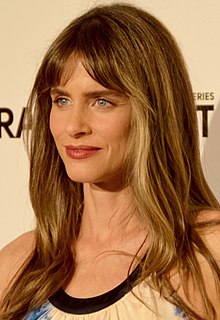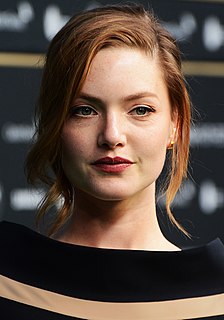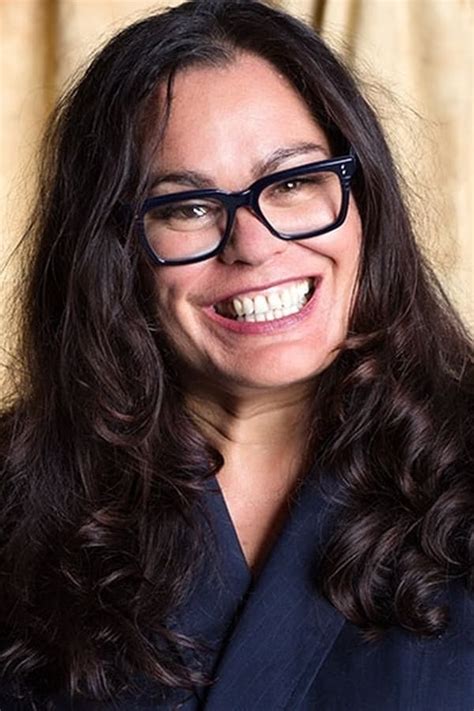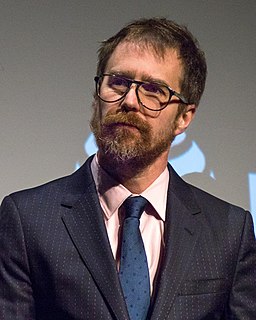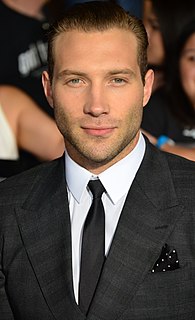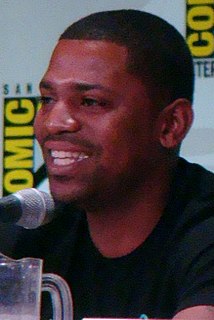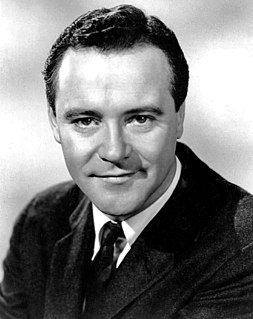A Quote by Justin Theroux
I would always choose the script. You get more creative control that way. But, when you're in a situation like this, where everyone is really funny and you really want to do it, that's the chance of a lifetime, so you want to do it. But, a script has longer legs than a performance and, in the end, is more satisfying. It's harder, but it's more satisfying.
Related Quotes
Mark and jay Duplass really like to improvise. Even if we beg them to go back to the script, they invariably ask us to go "off the rails," as they like to call it. It's just the way they work. You get a full written script. And it's really, really, really good, so that's why it's kind of peculiar that they always want you to improvise, because if I wrote something that good, I would want everyone to stick to the dialogue that was written.
For me, I wish I loved every script that I read. Sometimes I'm more picky and choosy than I really should be because you would get more jobs as an actor! But you don't know what it is. Sometimes you read something and it could be a big part or a small part. It could be one scene and I'll read it and say: "Wow, I really like that and I really want to do that.".
From a writing standpoint, maybe television is a little more satisfying because it's not all hinging on one thing. You can experiment, week to week, and you can be a little narrower in your scope one week, and then be a little broader the next week. But with film, everything can look the way you want it to look. You can really sculpt the final product. So from a directorial standpoint, film is more satisfying. But, they're both forms of media that I'd like to keep involvement in.
In theatre you can't ad lib, so you want to pick really good material, like David Mamet or Shakespeare or whatever. You want to be really careful about what you do. But in the movies, you do have more wiggle-room. You do have more opportunities to improvise. It's fun to improvise, but I still think it's better to have a great script.
Being producer you're still going to have to sell somebody who's going to give you the money on the idea and everything like that. But it does give you a little bit more control if you're thinking in that creative process; it gives you more control to tell the story you want to tell rather than sort of just reading a script that somebody else wrote and says, "Yes, please, you can hire me for this job." So it's a little bit more hands-on, a little bit more closer to the heart.
The great thing about not having a script is there's nothing you have to shoot that day. When you start filming, you can shoot anything you want. There's no pressure to shoot anything. Whatever interests you that day is what you're shooting. That's a big liberation that makes it more enjoyable and more relaxed. I think if you have that kind of framework it can make it a much more satisfying thing to work on and to watch as well.
Do I really smother my own joy because I believe that anger achieves more than love? That Satan's way is more powerful, more practical, more fulfilling in my daily life than Jesus' way? WHy else get angry? Isn't it because I think complaining, exasperation, resentment will pound me up into the full life I really want? When I choose-and it is a choice-to crush joy with bitterness, am I not purposefully choosing to take the way of the Prince of Darkness? Choosing the angry way of Lucifer because I think it is more effective-more expedient-than giving thanks?
I really like the "two is better than three" line. People ask me is this drama or comedy? I just think the more colors you have to a film the better. The more genres, the more people will like it. I like relating to the whole general speaking public. The script itself is 99 pages but the novel it is based on is 600. I had to leave a lot of stuff out of the script. I had a limitation of what I could present on the big screen.

